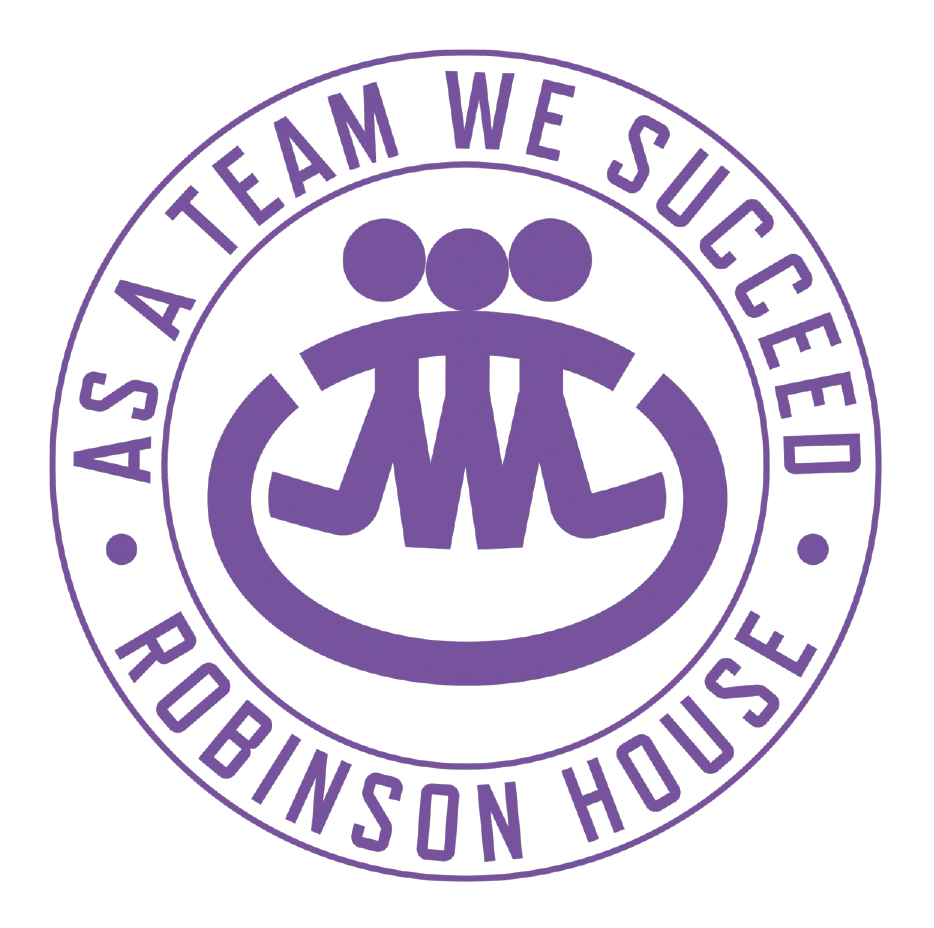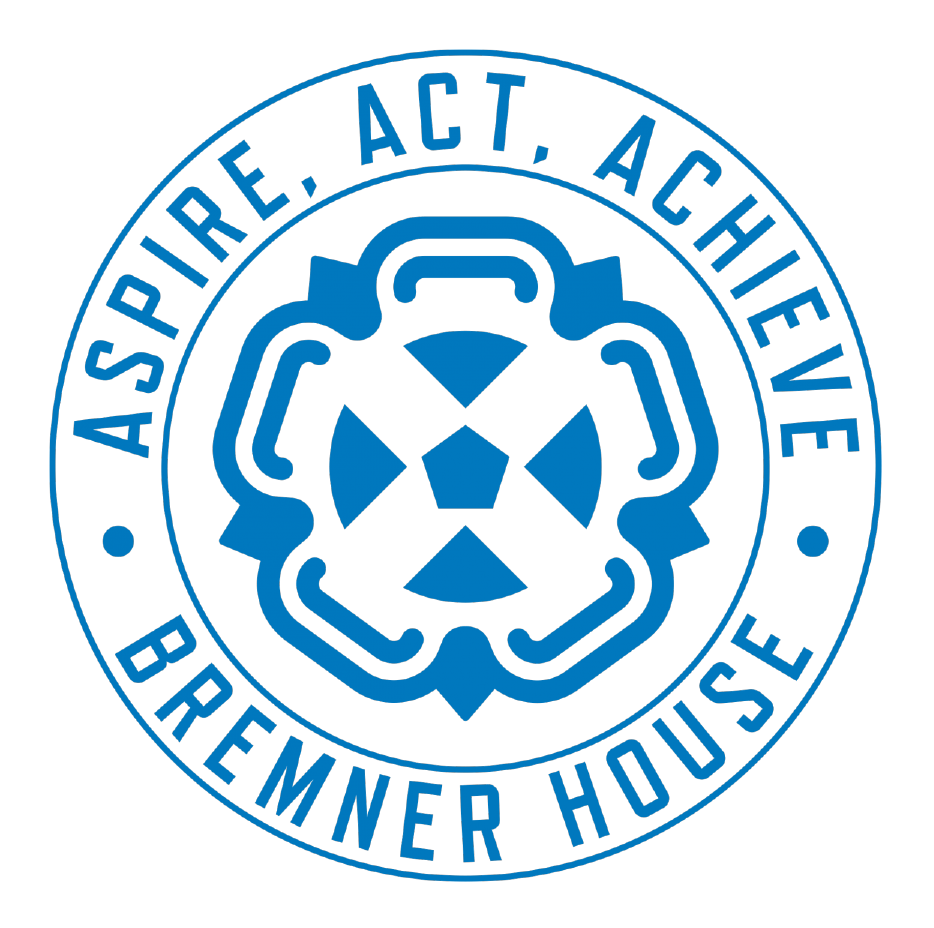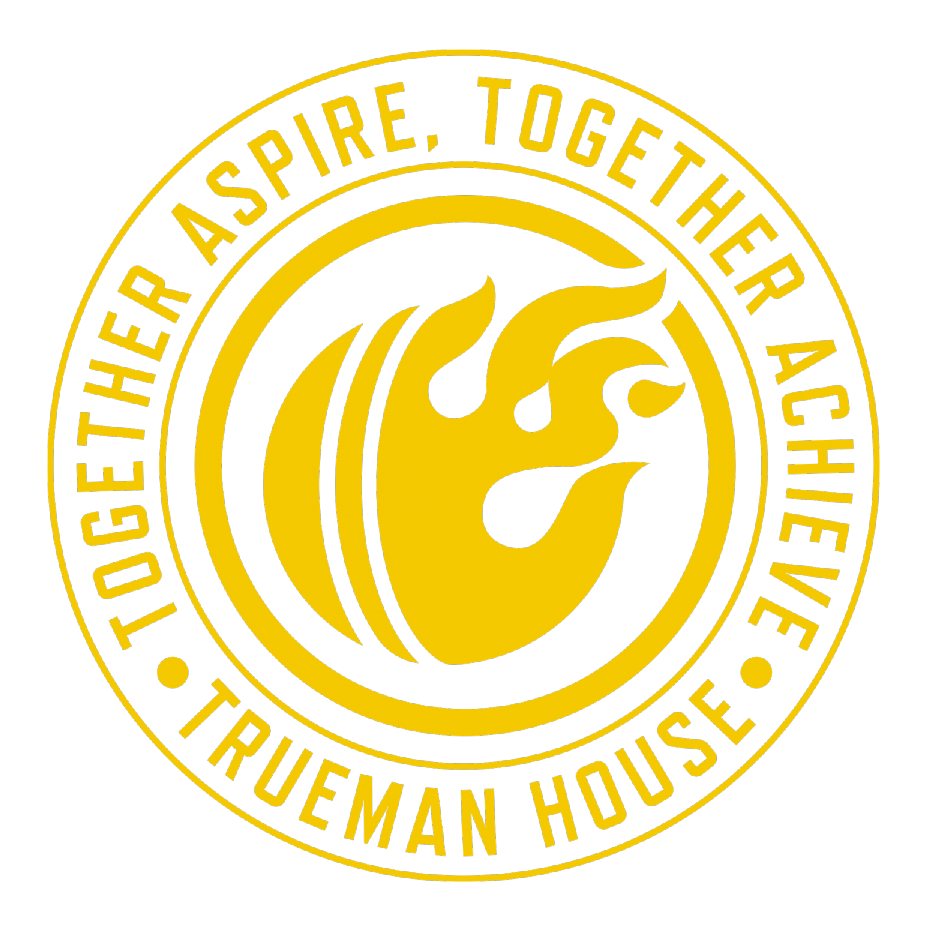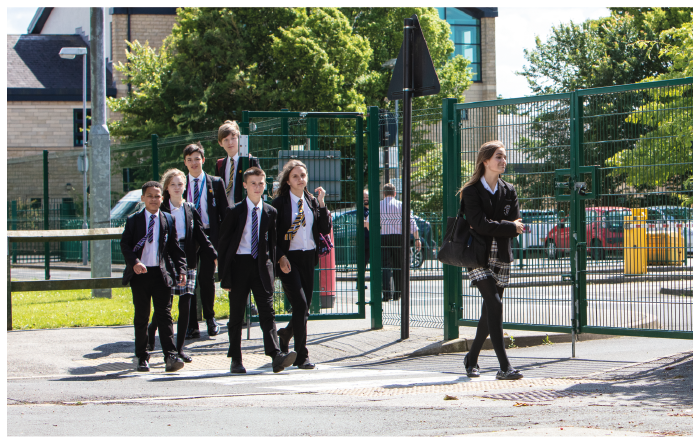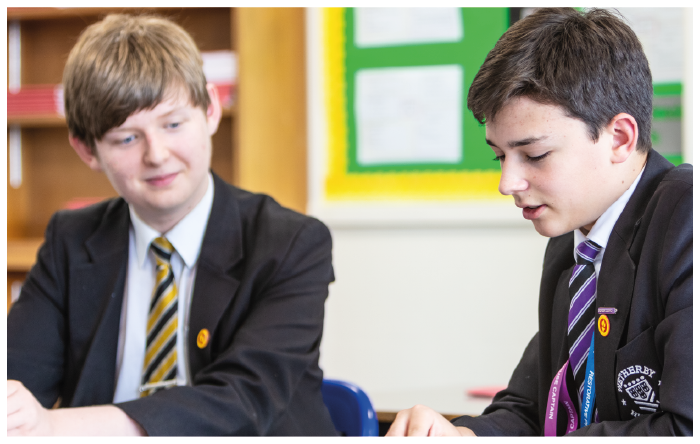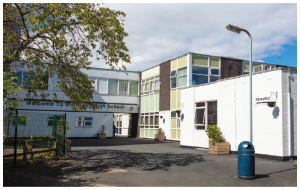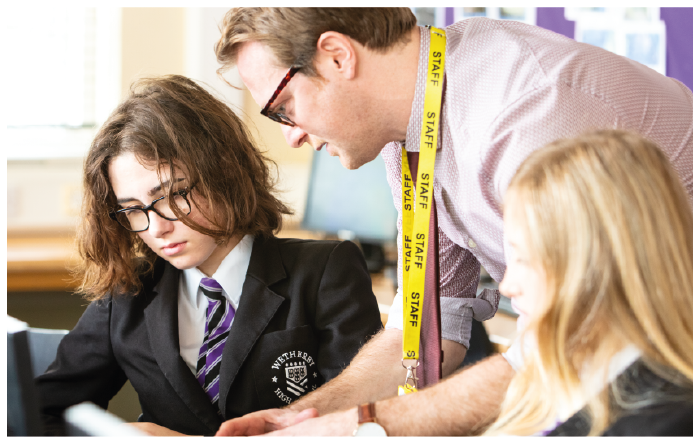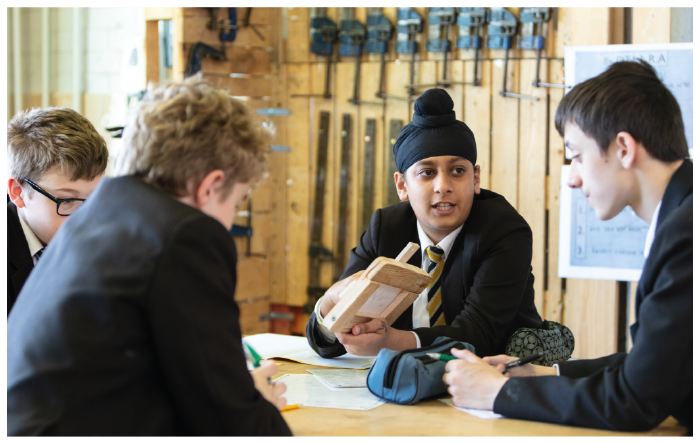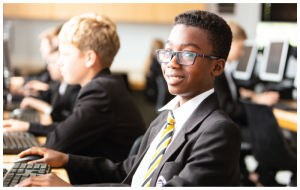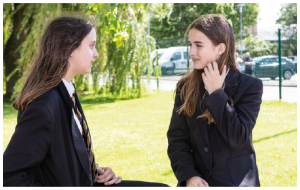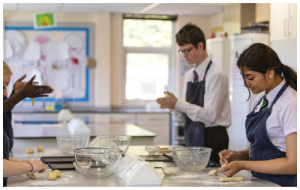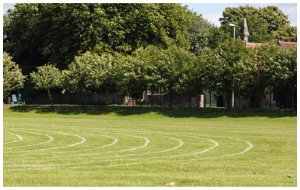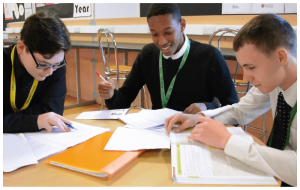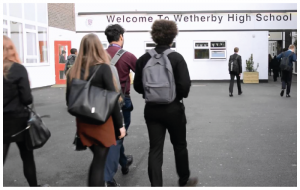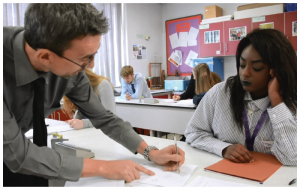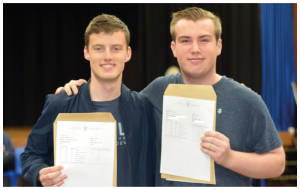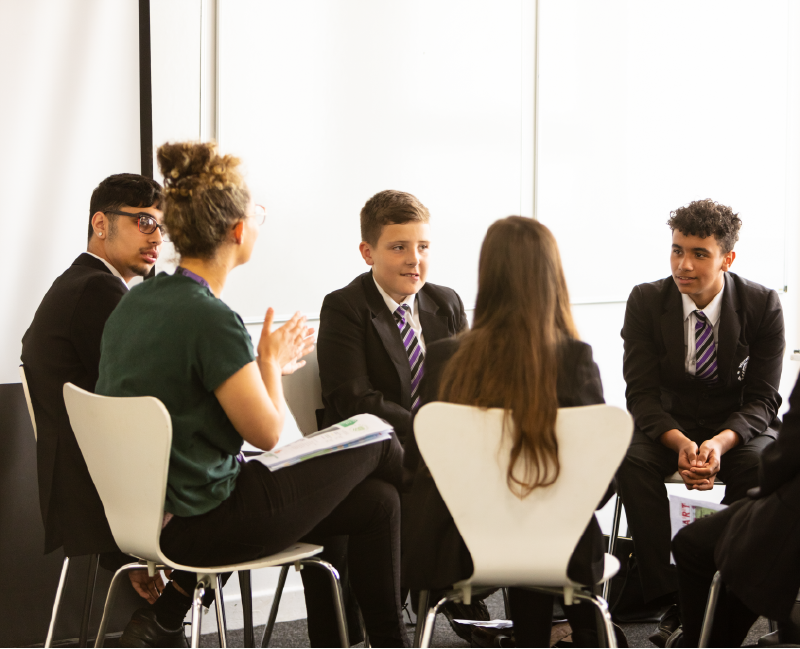1. Coaching and welfare
2. Flexible Learning
Activities take place after school each day and students commit to trying something new or develop a skill in which they have an interest.
3. Home Learning
Our targeted Home Learning is designed to improve areas for development identified in exams and assessments in the previous half term. This enables students to make faster progress.
4. House System
Our House system takes its inspiration from local sporting heroes – amateur athlete and fund-raiser (Jane) Tomlinson, rugby star (Jason) Robinson, Leeds United captain (Billy) Bremner and England and Yorkshire cricketing great (Fred) Trueman.

